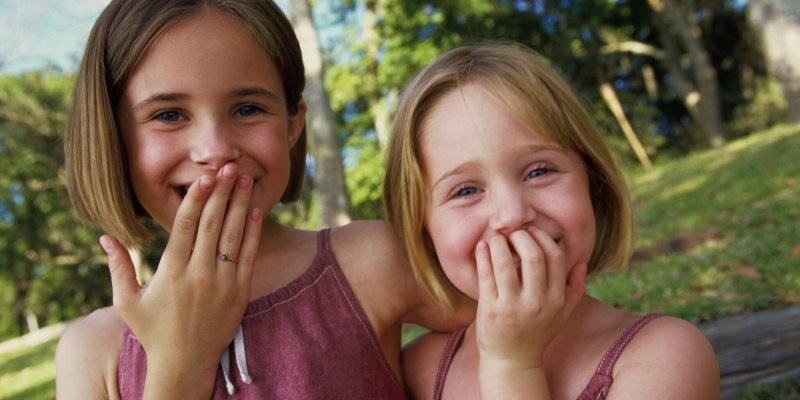Scientists have historically focused on studying a “quartet” of two biological parents and two autistic children. Yet more recent research calls for learning more about the unaffected siblings – particularly girls.
…
“We want to know, ‘Is there a reason they don’t have a diagnosis?’” says Alycia Halladay, chief science officer at the Autism Science Foundation.
…
The puzzling part, she says, is that some sisters carry the same genetic mutations as their siblings but won’t develop the symptoms associated with autism.
…
The advantage of looking at siblings is that they share 50 percent of the autistic child’s genes, explains Stephen Scherer, director of the Center for Applied Genomics at the Hospital for Sick Children in Toronto. His group has sequenced more than 4,000 families, including one with six children on the spectrum. “If the unaffected sibling has the same mutation but doesn’t have autism, it suggests the mutation isn’t involved in the family’s autism,” he says. Or researchers have to figure out the complex interplay of forces that might activate certain genes, whether those are diet, events in the womb—or as in cases of unaffected sisters, female hormones. “We see genetics as a bag of tricks to get into the understanding of new pathways,” he says. “These little clues that often come from siblings are what will push our research forward.”
Read full, original post: Siblings Could Shed Light on Roots of Autism































